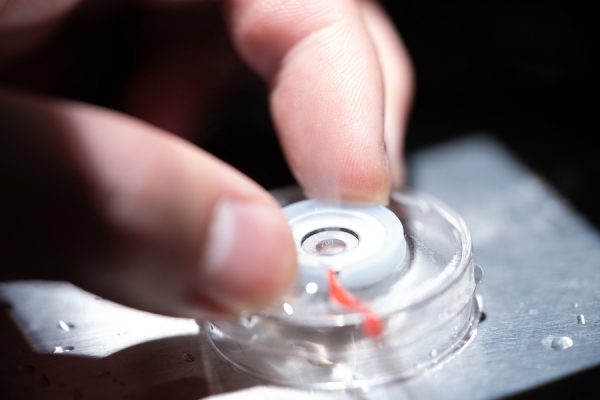It’s the most fundamental of processes — the evaporation of water from the surfaces of oceans and lakes, the burning off of fog in the morning sun, and the drying of briny ponds that leaves solid salt behind.
It’s the most fundamental of processes — the evaporation of water from the surfaces of oceans and lakes, the burning off of fog in the morning sun, and the drying of briny ponds that leaves solid salt behind. Evaporation is all around us, and humans have been observing it and making use of it for as long as we have existed.
And yet, it turns out, we’ve been missing a major part of the picture all along.
In a series of painstakingly precise experiments, a team of researchers at MIT has demonstrated that heat isn’t alone in causing water to evaporate. Light, striking the water’s surface where air and water meet, can break water molecules away and float them into the air, causing evaporation in the absence of any source of heat.
Read more at: Massachusetts Institute of Technology
Photo Credit: Bryce Vickmark




